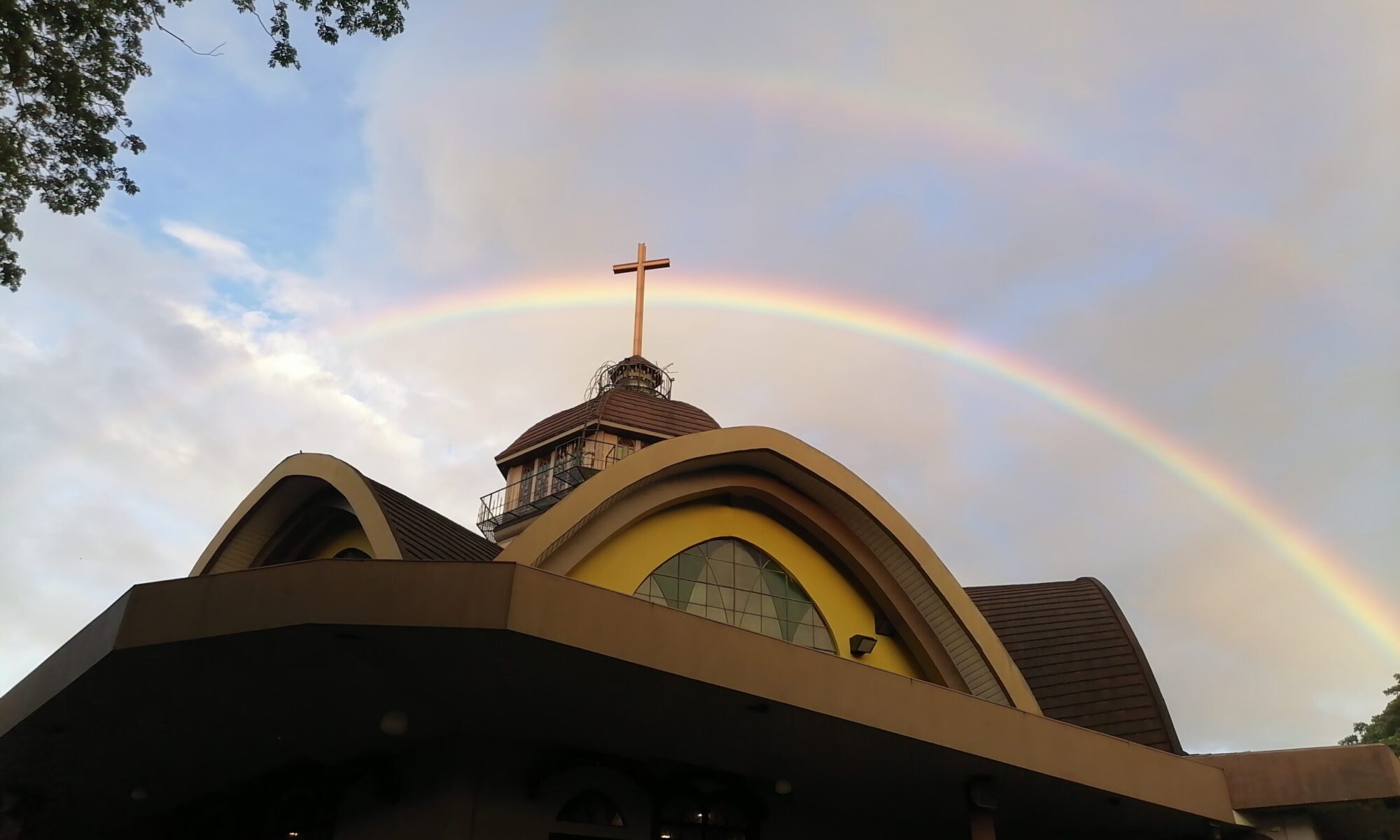
12. St. Paul received his first call on the way to Damascus. His second call was for him to go to Ananias where he was to undergo instruction towards perfection. This call is ‘to be in the world but not of the world.” Then he would receive the third call to be a priest.
13. THE APOSTLES answered the first call made by John the Baptist. They answered the second call made by Christ. While with Christ, they work towards the perfection of Charity until they received the Holy Spirit. It was while they were with Christ that they were called to the priesthood.
THE SECOND CALL IS DIFFICULT. It is a call to the life of faith, not knowing where they were going.
14. The Rich Young Man had answered the call of the Old Testament for conversion having obeyed all the 10 commandments. But when Christ seeing and loving him made the second call to perfection, he refused. Christ was saddened for He waits for no one.
This is common among those who refuse. Another young man was called but delayed in order to bury his father, and another delayed to bid farewell to his loved ones. These were rebuked for want of promptness in their obedience. If we do not seize the moment, it is lost. “…he is not fit for the kingdom of heaven.”
If we do not seize the moment it is gone. Christ walks without stopping for anyone. Follow me. I will bury my father, let me first go bid them farewell. These are not fit for the kingdom of God.
When God calls He waits for no one. Time stays for no one. When the word of call is spoken, it is gone. Christ passed by, He passed forth. He does not stop; we must follow immediately.
When Elisha was called he tarried. So he had to run after Elijah. Most of us were called long ago. Now we have to catch up. Do we know that? Are we trying to catch up?
The second call of the apostles.
The apostles had their first call through John the Baptist. They had their second call through Christ: “Follow Me:” and they left all, rose up and followed Him. Like Abraham, giving up all things and not knowing whither they were going. In the religious life, we must leave behind all things not knowing what is next.
These Divine Calls are what the early monks were responding to. First call, is a call to leave the world and enter the monastery. The second call is to seek perfection. And it is within this second call that one may be considered for ordination to serve the spiritual needs of the community. It is only at this point when a soul can have some certainty that he is being called to the priesthood.
15. The third Divine Call. Who are called to the priesthood?
Only after we have obeyed the second call and have lived as a community that God will call one to be a priest to serve the community in celebrating the Liturgy which consist in witnessing sacramentally to their way of life. The priest must be one among those seeking perfection. He must be the most exemplary among them. Not the less exemplary. An example is St. Ambrose, during a crisis in Milan between 2 Catholic groups, was chosen to be their priest, and made bishop a week later.
Today, we do not hear Divine Calls like Samuel or St. Paul. The vocation can be discerned by purely intellectual means inspired by grace. God gives an unbeliever the grace of conversion and his intellect sees that his present state is wrong and the Catholic Church is right. Then, God gives him the grace of further conversion wherein he sees that it is not enough to change sect. You must also grow in perfection….in the perfection of charity. While growing in the perfection of Charity, one might see the need to witness to the life of the community in the Sacrifice of the Mass; and the need to have a priest.
THE CASE OF CONVERTS.
The first call – the convert is called from being a non-Catholic to Catholicism. It is the same with born Catholics. The call is from a lukewarm person to a fervent Catholic. The second call is a call to perfection. This desire to be perfect can be seen in the convert’s efforts to refute their former beliefs, in spreading and defending their new beliefs. There will be attempts at proselytizing….whatever they do will be attempts to be perfect “as the heavenly Father is perfect”. Of course, the shortest and easiest way to perfection is through monasticism, the way it was practiced in the beginning of Christendom. Some converts, like Thomas Merton found the short way and went directly to monasticism.
What am I driving at? Like the ancient Fathers of the Church, I would like to emphasize that monasticism is the second call for all who had been called the first time and had responded generously. So the early monasteries had both converts, single and married people and all other kinds of people living in one community better known with the term Basiliades, seeking the perfection of Charity. (“The Beheading of St. Paul,” by Giuseppe Petrini, 1710.)

